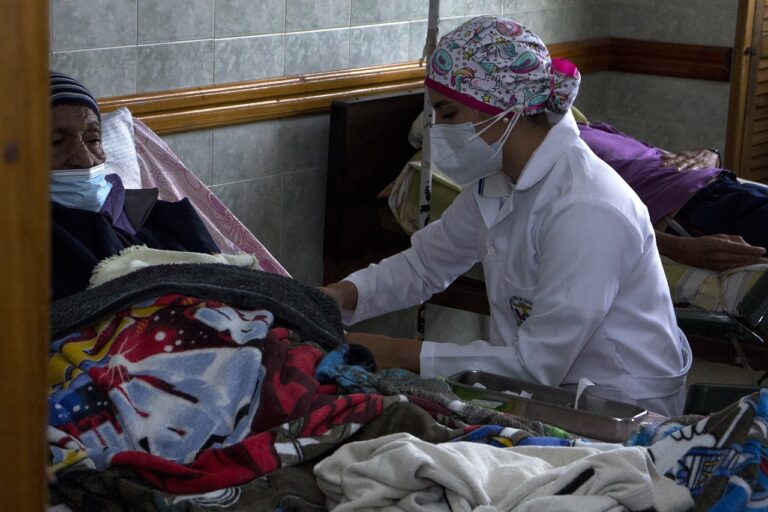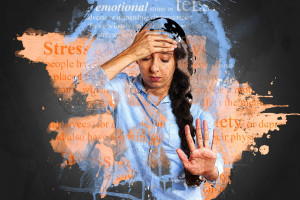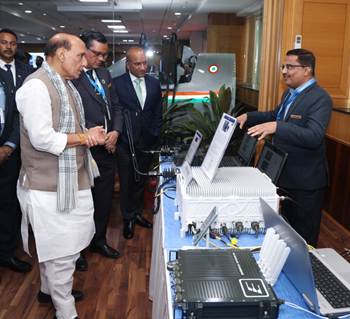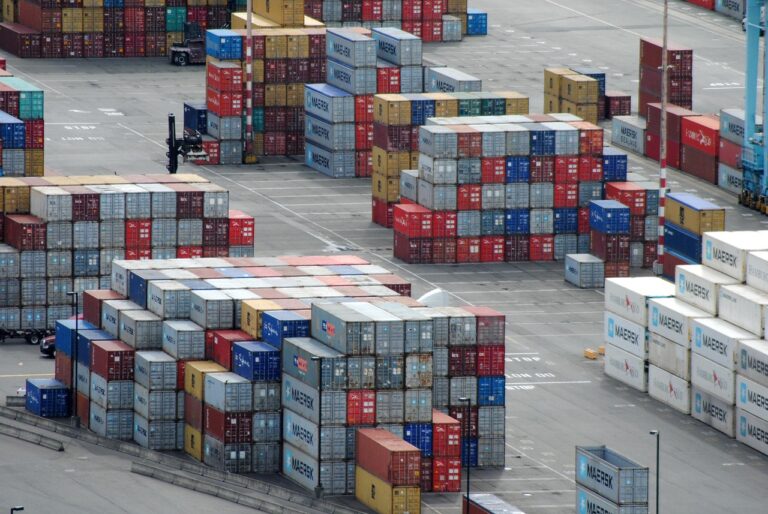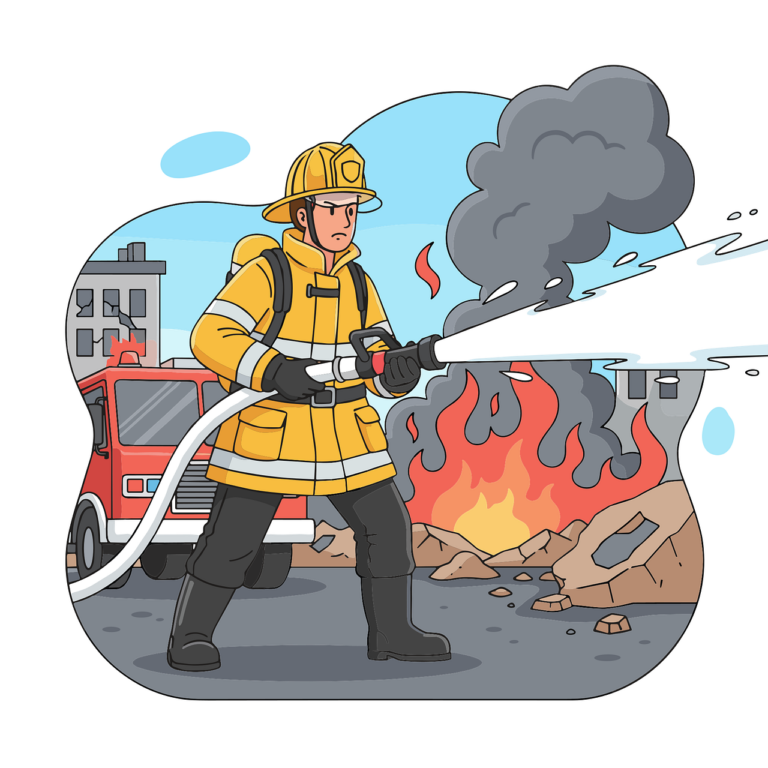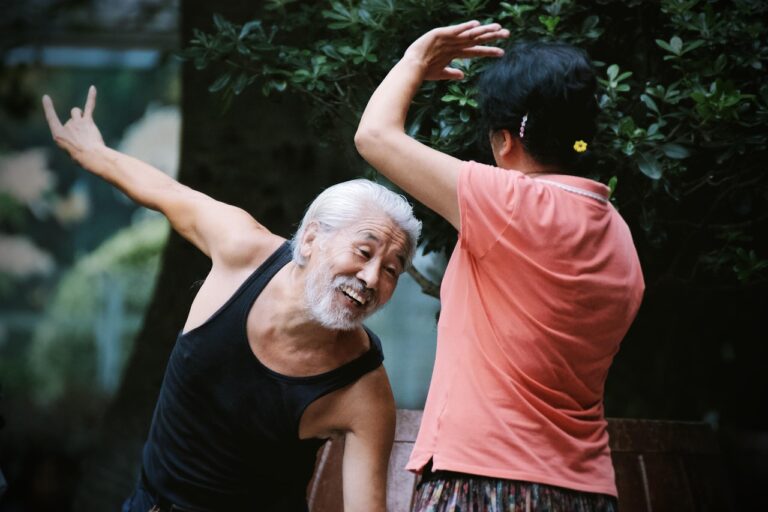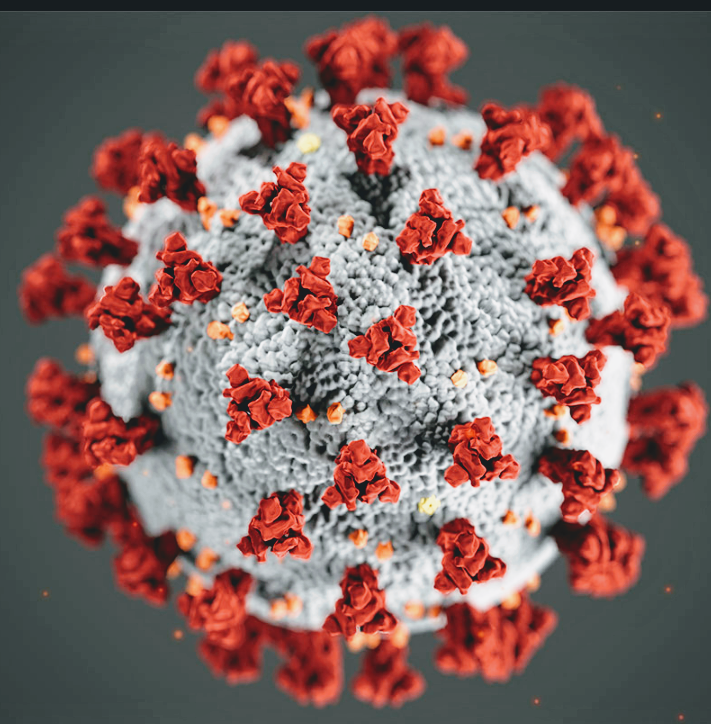
– globalbihari.com
New Delhi: A new kind of COVID-19 test is likely to come up, which will test for presence of virus particle. “This is not yet available, we in India and elsewhere too are trying to make it,” Principal Scientific Advisor to the Government of India, Professor K. Vijay Raghavan, said here on Thursday. He added that one component of testing was to test for the presence of the viral genetic material (the RT-PCR test falls in this category).
He further pointed out that Antibody Tests needed to have: 1) a high level of sensitivity – so that the test is able to detect COVID-19 even if level of antibody is very low; 2) a high level of specificity, so that the test detects the virus and not something else.
“The Antibody test can be used to test individuals, if both sensitivity and specificity are very high. If high but not high enough, it can be used in community surveillance, where it has to be interpreted correctly in the context of the specific community,” he said.
[the_ad_placement id=”content-placement-after-3rd-paragraph”]
So far, since January 2020, there has been no change in the genetic sequence of SARS-CoV-2 in India or the world, which could have led to a fundamental change in the properties which determine how the virus infects humans, he said and added: “To conclude that change in genetic sequence is responsible for spread of infection, we need more evidence. The spread of infection can be due to many other parameters as well.”
Professor Raghavan said there are about 30 groups in India, including big industry, startups and academics, who are working on COVID-19 vaccine development.
He said while vaccine normally takes 10 – 15 years to develop, and costs $ 200 – 300 million, “our effort now is to do this in 1 year. Hence, we need to do parallel processing. Instead of working on one COVID-19 vaccine, the world is working on ~ 100 vaccines at the same time. Simultaneously, we have to speed up regulatory processes without compromising on safety, expand manufacturing capacity and build distribution systems, so, instead of $ 200 – 300 million, it will cost $ 2 – 3 billion”.
He further made it clear that when a vaccine is made, it is not like a switch which will be available for everyone from Day 1. Everyone would need this. “Logistics of making COVID-19 vaccine accessible to everyone is a big challenge, this is being discussed now,” he said. He added that besides the efforts of scientific organizations, India had adopted unique approach to drug discovery, employing a ‘Hackathon’ for computational drug discovery. He stated:
- Drugs attack the virus chemically after it enters. This is a very big challenge since a virus uses our body machinery to multiply. So, designing a drug which attacks only the virus, and not our body parts, is a huge challenge.
- One virus particle can divide and result in thousands of particles in a cell. So a drug has to attack the virus in early stage, otherwise the dose required to kill the thousands becomes too much.
- Repurposing of drugs and designing of new drugs – two different approaches to drug development are being adopted now. Designing new COVID-19 drugs, like vaccine development, takes a very long time.
- India has adopted a unique approach to drug discovery. Besides other approaches, CSIR and AICTE have embarked on a very high-end drug discovery hackathon. Students are trained and oriented about the drug discovery process, and are given access to computational tools. The ones which fit are identified and will be taken forward by CSIR and other organizations. While the probability of individual success is low, when tried on a very large scale, the hope is that we have enough chance for some of them to be winners.
Dr. V. K. Paul, Chairman, Empowered Group – I and Member (Health), NITI Aayog, informed that Indian industry was working on at least 8 candidate vaccines, out of which four were relatively ahead. “Our national science laboratories are working on 6 candidate vaccines, out of which we are very hopeful about 2 – 3,” he said.
[the_ad_placement id=”sidebar-feed”]


